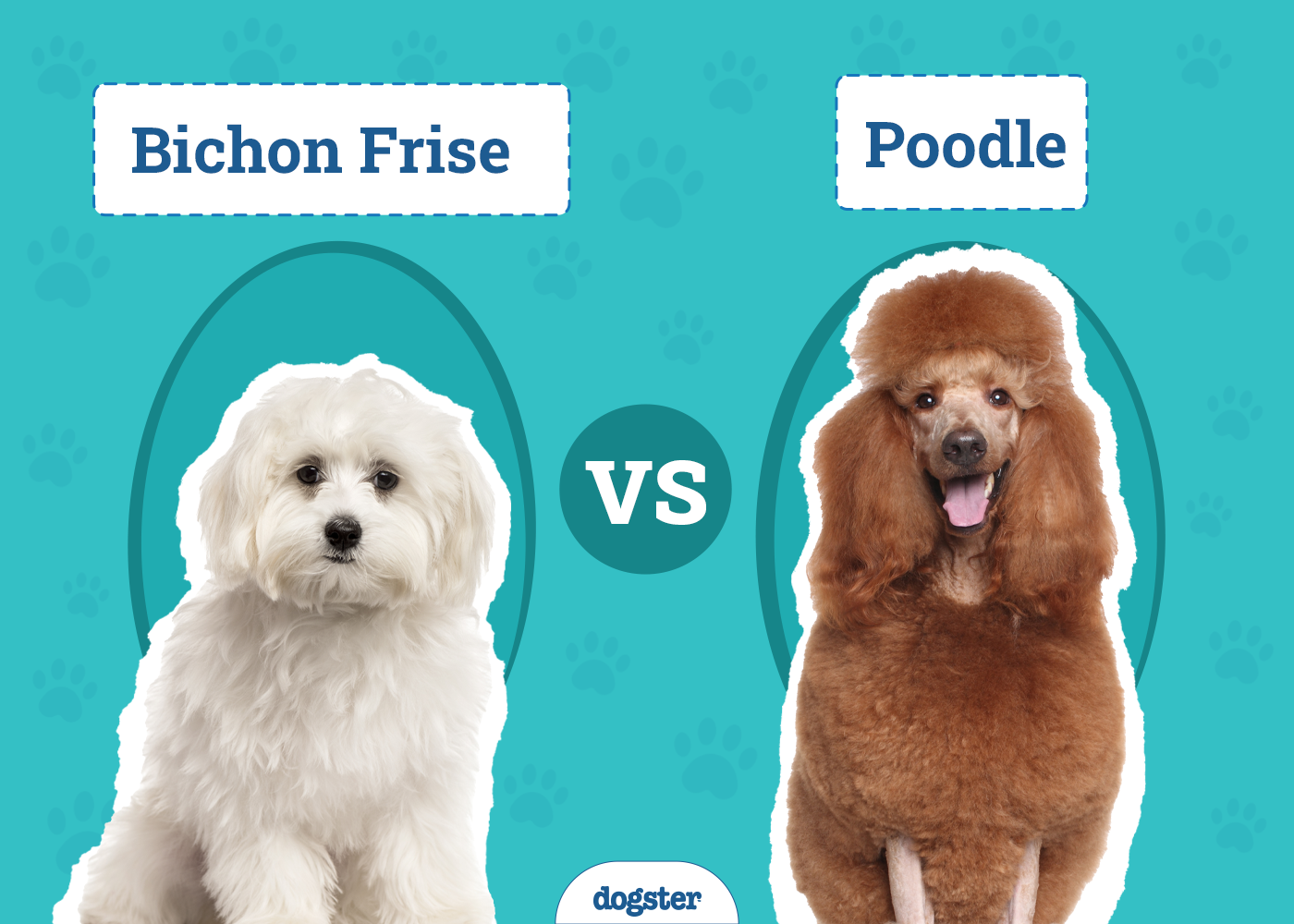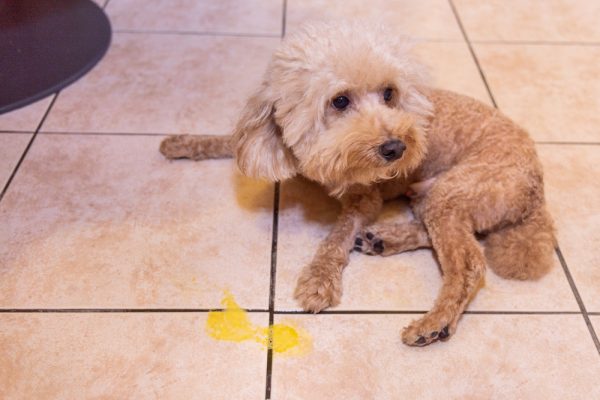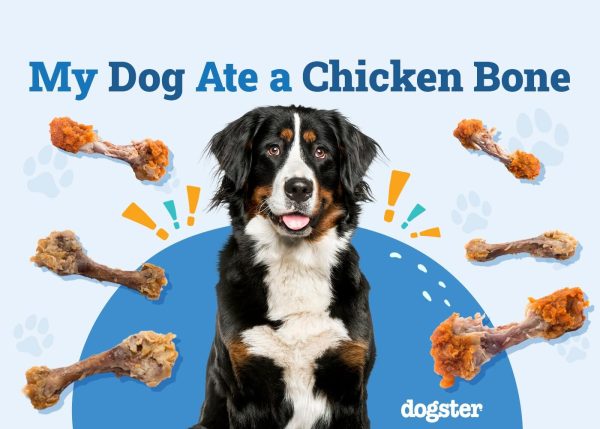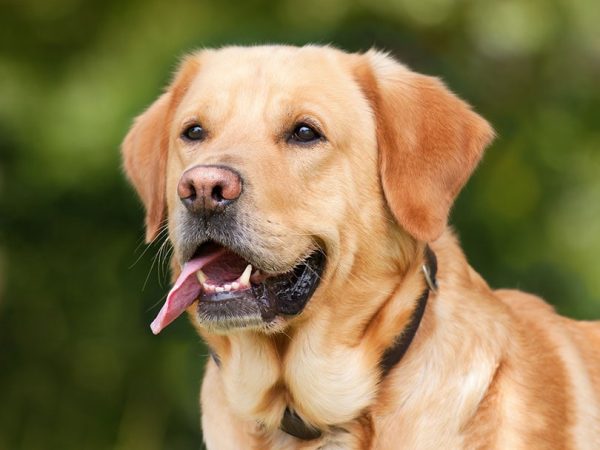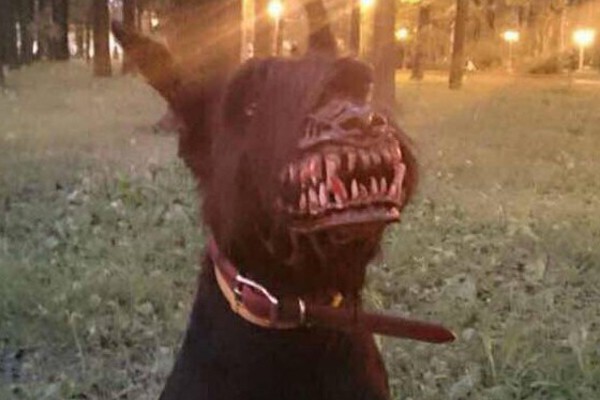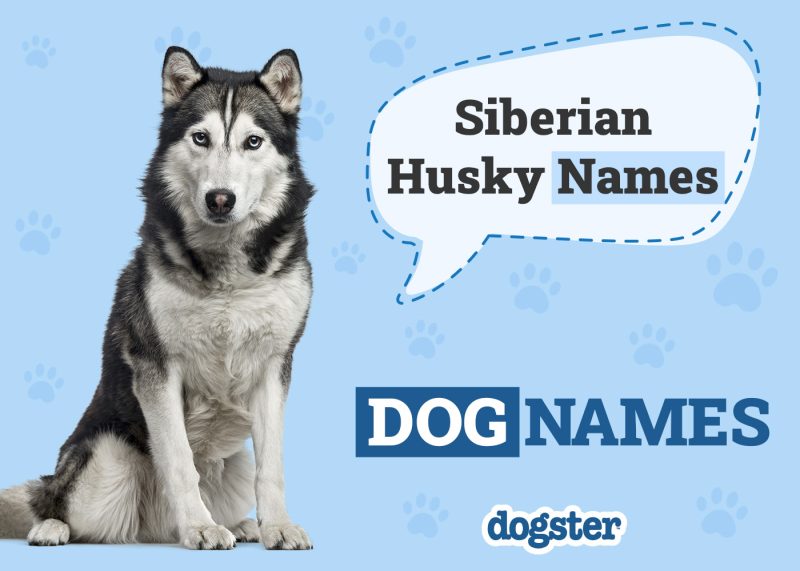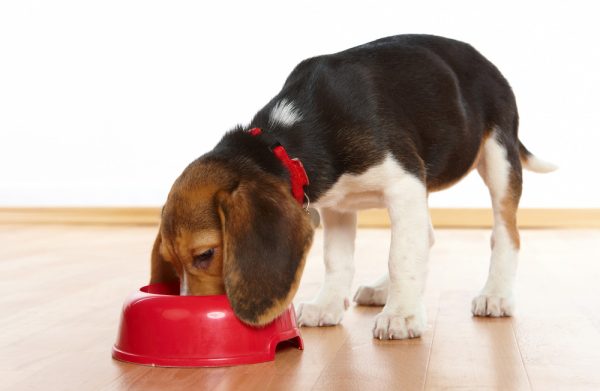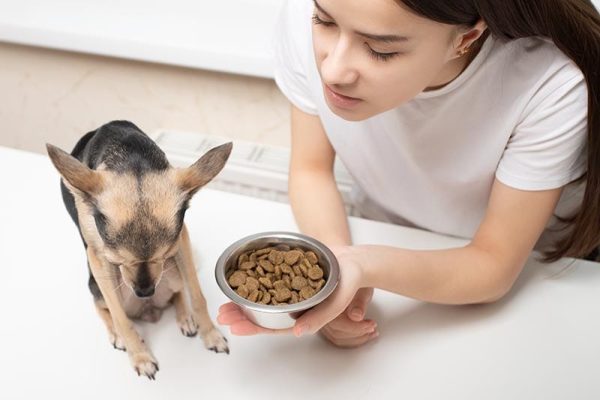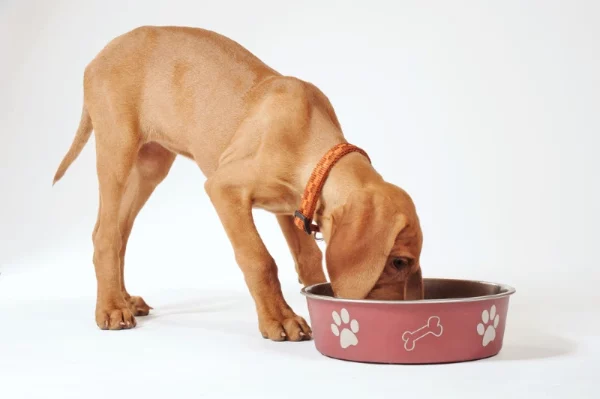In this article
View 3 More +Choosing between a Bichon Frise and a Miniature Poodle can be a difficult decision. Besides the fact both these dogs are beautiful, the Bichon with its velvety white hair and the Poodle with curls that anyone could fall in love with, they are also quite similar when it comes to attitude, size, and intelligence. Poodles are available in various sizes (standard, miniature, and toy). For this comparison guide, we’ll focus on the Miniature Poodle, as it is the closest in size and characteristics to the Bichon Frise.
Read on below to learn more about both the Bichon Frise and the Miniature Poodle so you can easily determine which dog breed is best suited to be your newest family member.

Visual Differences

At a Glance
- Average height (adult): 9–12 inches
- Average weight (adult): 7–12 pounds
- Lifespan: 12–15 years
- Exercise: 1+ hours a day
- Grooming needs: High
- Family-friendly: Yes
- Other pet-friendly: Often
- Trainability: Intelligent but difficult to potty train, loyal, emotional
- Average height (adult): 11–15 inches
- Average weight (adult): 12–20 pounds
- Lifespan: 13–15 years
- Exercise: 1+ hours a day
- Grooming needs: High
- Family-friendly: Yes
- Other pet-friendly: Often
- Trainability: Intelligent, loyal, eager to please

Bichon Frise Overview
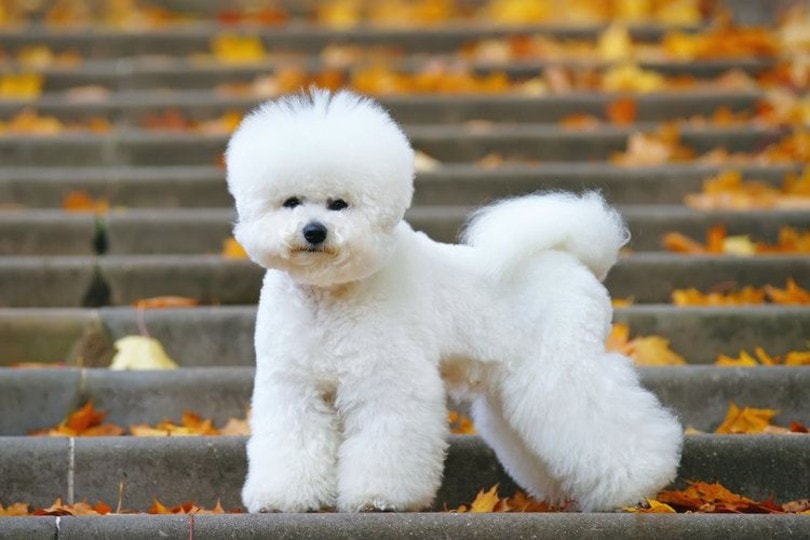
The Bichon Frise is an adorable dog breed that is full of energy and love. When it comes to this dog breed’s history, however, it’s a bit mysterious. It is believed this breed comes from the Barbet, a French water dog. It was the Barbet that found itself being bred with white lap dogs, with four Bichons being the end product. These Bichons were the Bolognese, Havanese, Maltese, and Teneriffe. It was the latter, whose name was shortened to Bichon Frise.
It is believed that Italian sailors came across these dogs somewhere in the Mediterranean. Of course, they couldn’t resist them. When they made their way to Italy around the 1300s, they were beloved by the wealthy and noble class. Once the royalty associated with this dog breed ended, they were considered dear companion pets, as they remain today.
In the 1900s, the Bichon Frise’s popularity began to soar again. This is also around the time they were brought to America. Here, they were welcomed as beloved companion dogs and were officially recognized by the American Kennel Club in 1973.
Personality / Character
The Bichon Frise is a playful, energetic dog breed that is full of love. They are loyal to their families but love being the center of attention. Unfortunately, this can make them a bit emotional. Their feelings can easily be hurt if harsh words or rough handling comes into play. This doesn’t change the happy nature that makes them one of the sweetest dog breeds around.
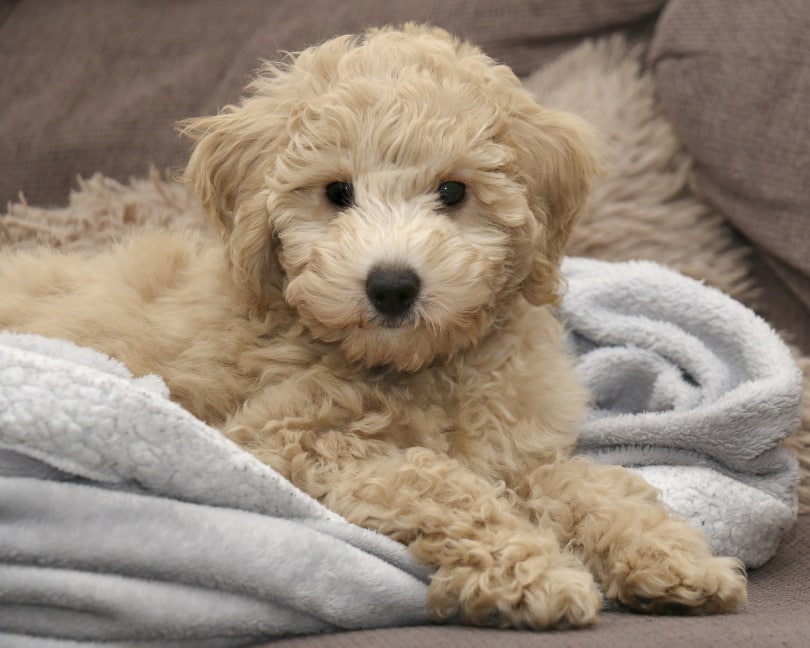
Training
Bichon Frise is a highly intelligent dog. They are even relatively easy to train away from home. Something about being in their comfort zone makes training, especially house training, more difficult. It’s also best to avoid any scolding or harsh words during training due to their sensitive emotions. Be prepared to totally commit to training with this dog breed as persistence and positive interaction are required. However, if you start at a young age, these dogs can be trained.
Health & Care
As with any dog breed, choosing a reputable breeder is key to having a happy and healthy pet. Overall, the Bichon Frise is a healthy dog. That doesn’t mean they aren’t prone to certain issues. One of the most common is eye problems. It is believed this could be from their long hair and how it hangs in their eyes. They are also prone to joint issues in their hips, knees, and elbows. Like other dog breeds, Bichons can experience bladder infections and ear infections.
Here’s a look at other diseases or health-related issues your Bichon Frise may suffer from:
- Heart defects
- Hemophilia
- Legg-Calve-Perthes Disease
- Kartagener’s syndrome
You will also find that providing proper care for your Bichon Frise takes a lot of dedication. While considered hypoallergenic, that doesn’t mean that this dog breed doesn’t require a lot of grooming. Using shampoo for sensitive skin is a must because too many dogs of this breed suffer from this issue. You will need to keep them bathed every 2 to 3 weeks and plan on visiting the groomer quite often as their hair continuously grows. Luckily, you will have no issues with shedding as the Bichon Frise doesn’t shed.
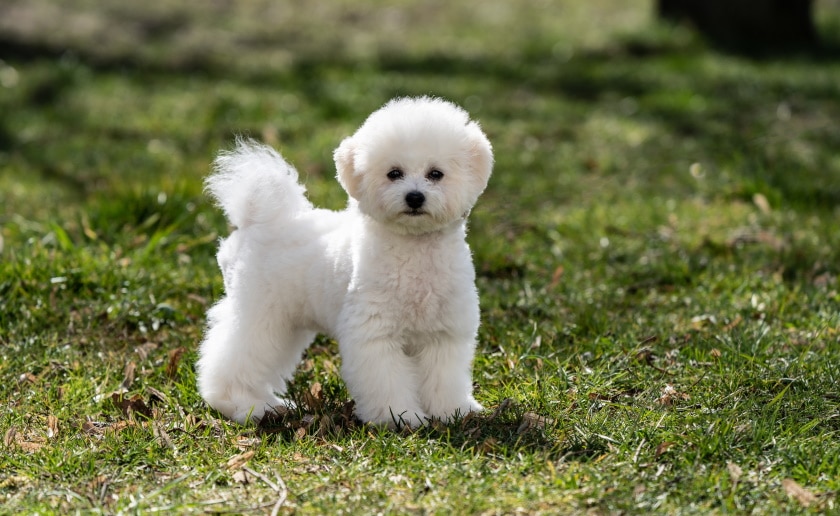
Breeding
Breeding a Bichon Frise is no different than breeding another breed of dog. The most important thing to remember is the health of both dogs involved. The female needs to be a healthy, adult Bichon that is in heat. Knowing her background and valid health information will help you feel better about the puppies she will produce. The same can be said for males. Understanding any health or behavioral issues will determine whether they are ready to mate.
Suitable For:
A Bichon Frise is suitable for any home that can offer love, patience, and reassurance. As we mentioned, this breed can easily get its feelings hurt. If you have small children in the home, please ensure they’ve been taught the proper methods of playing and holding a dog. If a Bichon is hurt or yelled at, they can easily become emotional.

Poodle Overview

There aren’t many people out there who aren’t familiar with the Poodle. Known as the National Dog of France, this dog breed actually originated in Germany. The name comes from the word “pudel,” which means “to splash in water” in German. When at their full size, the people of Britain enjoyed using Poodles for hunting. Their hunting status wasn’t long-lived, however, and breeders began sizing the Poodle down, making the three varieties we currently have: the standard, miniature, and the toy Poodle.
One of the main reasons for making smaller versions of the Poodle was to use these dogs as part of circus shows due to their high trainability and intelligence, but eventually, circuses wanted a smaller-sized dog to perform tricks. The Miniature Poodle was referred to as the Toy Poodle until 1907 when smaller versions became popular. Nowadays, Toy Poodles are under 11 inches, while Miniature Poodles are 11-15 inches tall.
Personality / Character
A Miniature Poodle is an active and fun-loving dog breed. They are highly intelligent and feel the need to keep their owners happy. No matter the size, even though toys and miniatures are the most popular varieties, Poodles enjoy being the center of attention and spending time with their families. They also enjoy showing off their intelligence and trying to impress those around them.
Exercise
Miniature Poodles are extremely active dogs and need to be kept active, or they can get into trouble. When bringing one into the family, they require at least an hour of exercise per day. If the family is active and willing, they will gladly take more of your time and energy for fun and play.
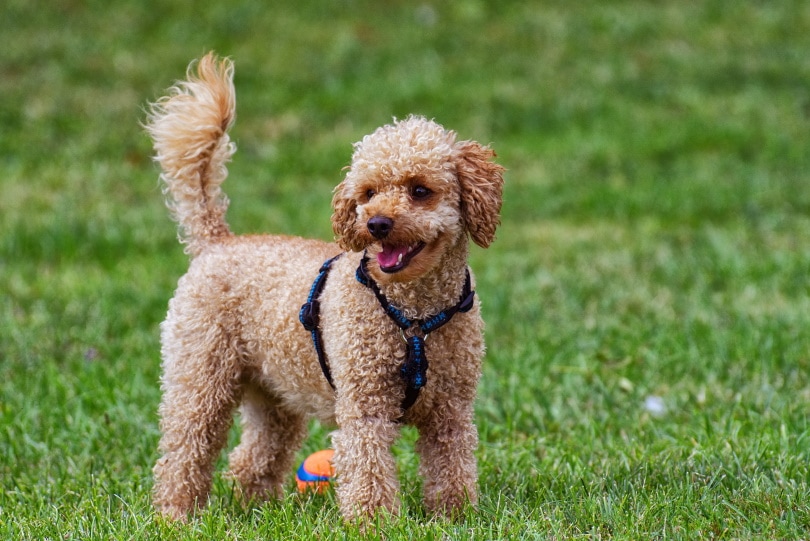
Training
Miniature Poodles are highly intelligent and easy to train. They strive to make their owners happy. By using positive praise, treats, and interactive training, you can easily get your Miniature Poodle trained in no time. This also makes them ideal for families who can’t commit several hours a day to the required training.
Health & Care
Caring for a miniaturepoodle is relatively easy if you have a groomer around. These dogs have hair that continually grows like the Bichon Frise. This means they require routine grooming and bathing. If you prefer, and to avoid the constant grooming requirements, Poodles can be clipped or shaved to make things easier.
The miniature Poodle is a relatively healthy dog breed. Like other dog breeds that require lots of grooming, eye issues can be a problem due to their hair. You’ll also find they can suffer from hip, knee, and elbow issues, ear infections, bloat, and bladder infections.
While they are normally healthy, Poodles can suffer from more serious issues. Here’s a look at them:
- Epilepsy
- Progressive retinal atrophy
- Thyroid issues
- Addison’s disease
- Hypoglycemia
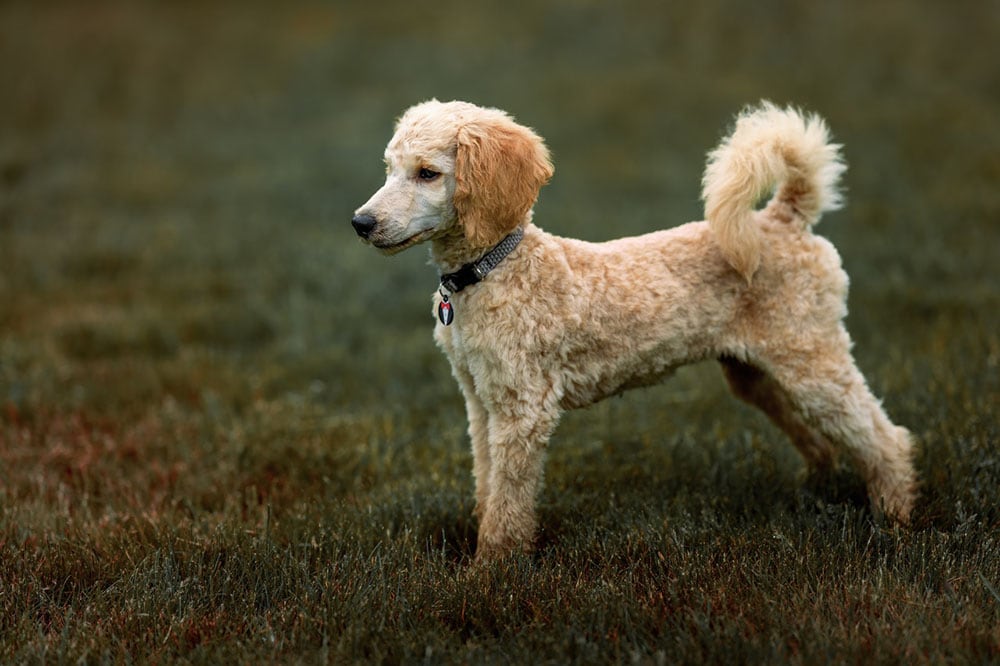
Breeding
The breeding of Miniature Poodles is similar to other dog breeds. To ensure puppies are healthy, make sure both the mother and father are in good health. Working with reputable breeders when finding the dog for your home is one of the best ways to ensure breeding males and females are healthy.
Suitable For:
Poodles are well-suited for any situation as long as you can keep up with their activity level. Keep the size of the Poodle you’re bringing home in mind when choosing to add one of these amazing dogs to your family. If you choose a standard size you will need room for this larger size dog to explore and play freely.

Which Breed Is Right for You?
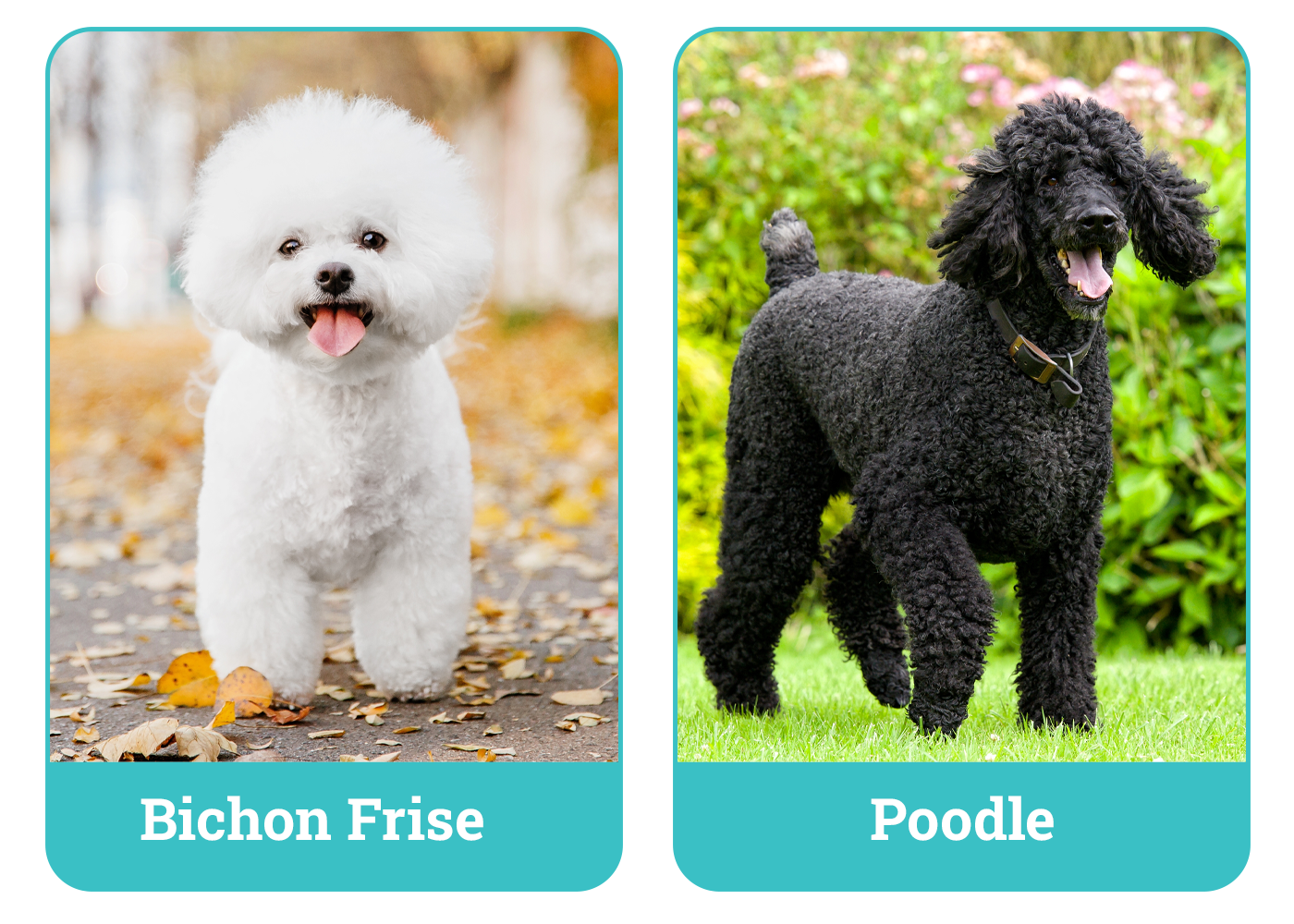
When it comes to the Bichon Frise and the Poodle, bringing either of these pets into your home is a wonderful idea. If you’re an active family, the Poodle may be the best choice. They love to run and play. They are also easier to train for those who may be limited on time. The Bichon Frise is also great as a family pet. They are playful and lovable as long as they aren’t shown anger or treated roughly. You could bring home a pup of either of these pet breeds and instantly fall in love with the choice you’ve made.
Featured Image Credit: Top – Vladimir Nenezic, Shutterstock | Bottom – chili71, Pixabay
